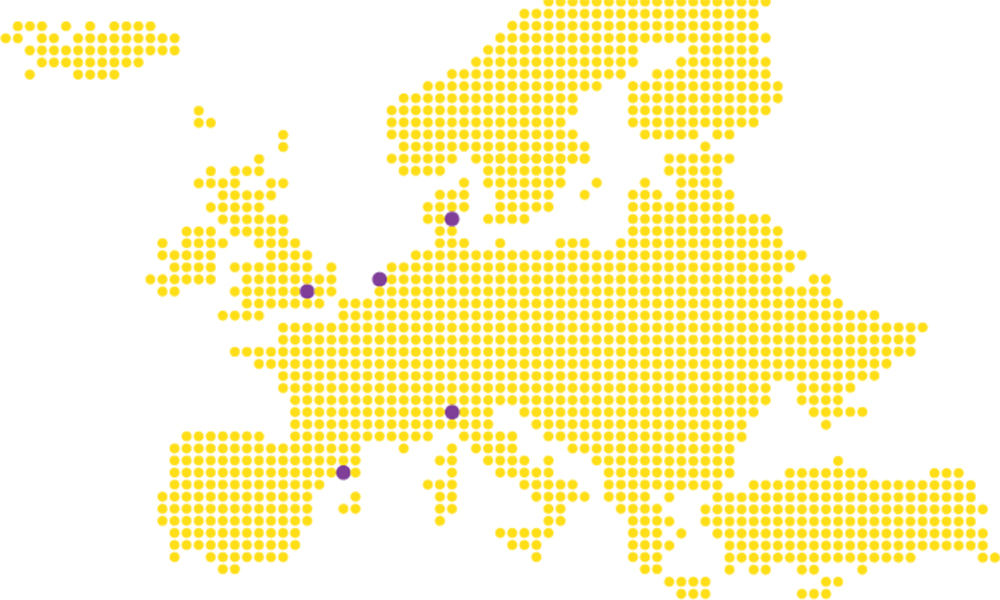
Global Spotlight: Know Your Audience
An engineering group hones its training courses for its European customers.
“Where should we GO?” and “What should we do when we get there?” are two of the most basic questions for associations looking to grow globally, but they can also be difficult to answer.
The American Society of Mechanical Engineers had a great product—a collection of in-depth, in-person training programs—but it wasn’t sure which city would be the best place to offer them.
In 2008, ASME launched the programs in Turin, Italy, mainly because the association already had a strong relationship with the local society there. “We knew that in order to have a good awareness on the local level, we needed to have a partner,” says Murat Dogru, account management director at MCI Group, who helps ASME with its European outreach.
Before the initial training courses were offered in Turin and throughout subsequent courses in other cities, ASME asked for substantive feedback, so it could make sure that it was giving European professionals what they wanted. From that survey, ASME discovered several interesting points.
First, networking was important to the participants. “For them, it was not just an opportunity to learn, but an opportunity to exchange,” Dogru says.
Survey respondents also expressed a desire for customized content. In Europe, mechanical engineers work differently in different sub-regions, each with its own economic, political, and technology drivers, Dogru says. A one-size-fits-all training course wasn’t going to work as well in Europe as it might in the U.S.
“We were positioning ourselves as a global society but were perceived from the market as the Yankees coming to Europe to sell their products and services,” he says.
ASME adjusted its European programs in response to this feedback. It added a networking event to conclude the courses. On the content side, to existing courses it added case studies that were relevant to the European market and substituted U.K. English for American English. It also created new courses aimed directly to the European audience.
The customized programs proved successful in Milan, and in the last nine years, ASME has offered courses in more than a dozen cities. Today, it runs them in Milan, Amsterdam, London, Copenhagen, and Barcelona. And despite the popularity of online, on-demand learning, the association still gets more requests for face-to-face training.
But ASME is well aware that that preference could change. “The market is moving faster and faster,” Dogru says. “The reality today isn’t the reality of tomorrow.”






Comments